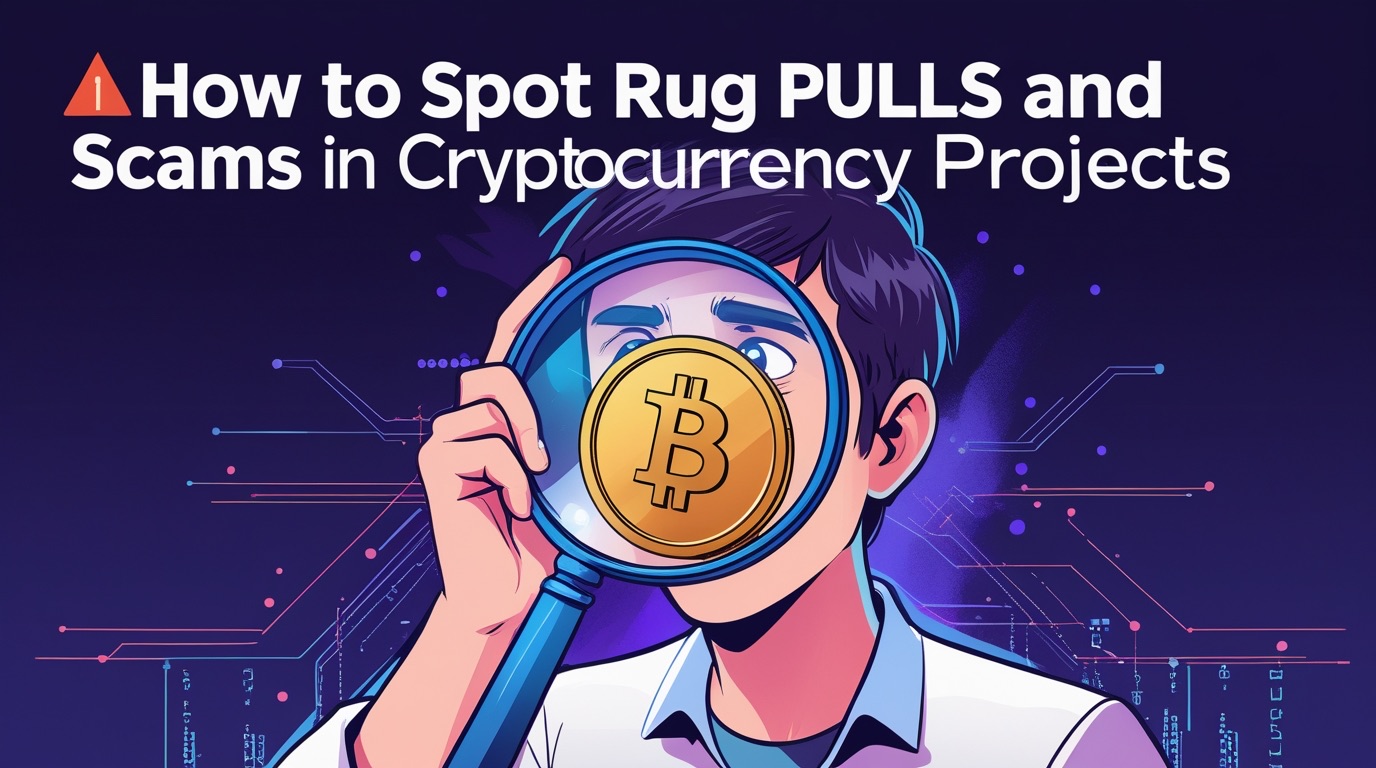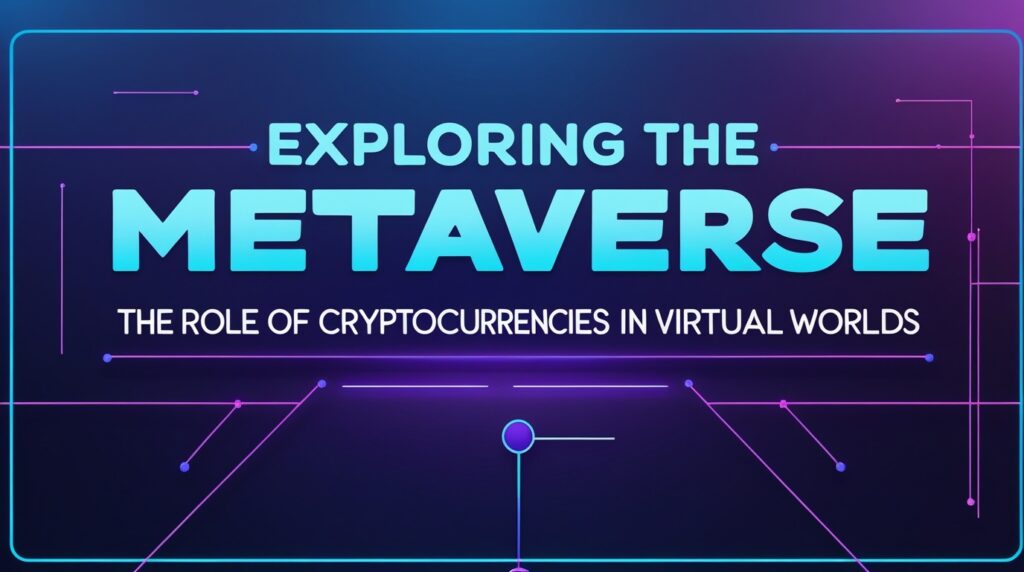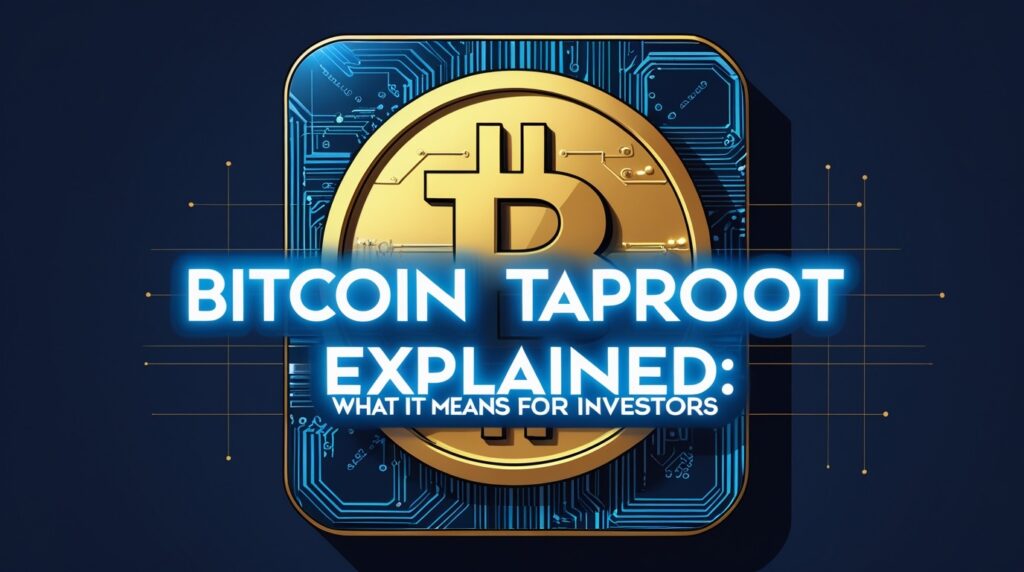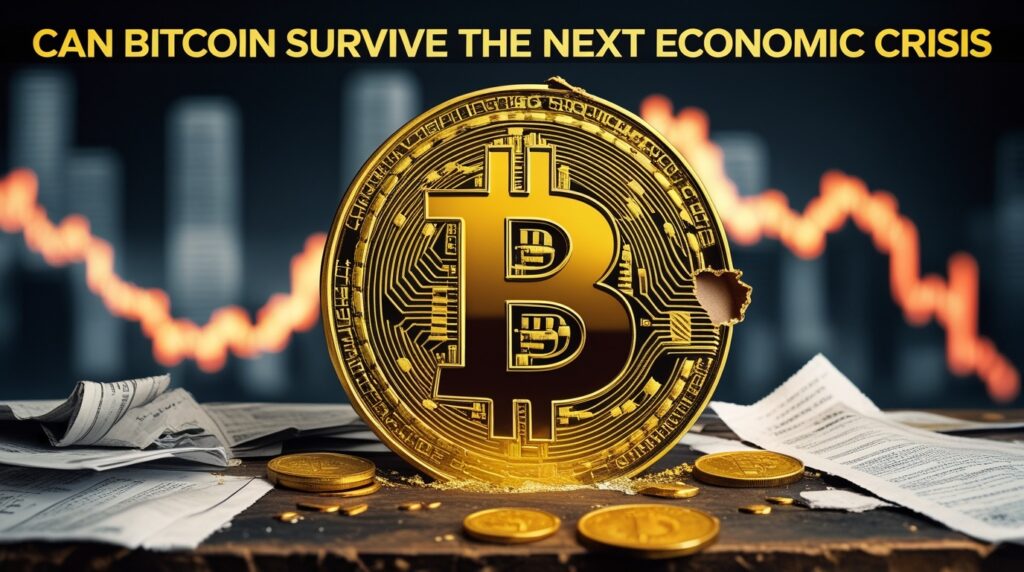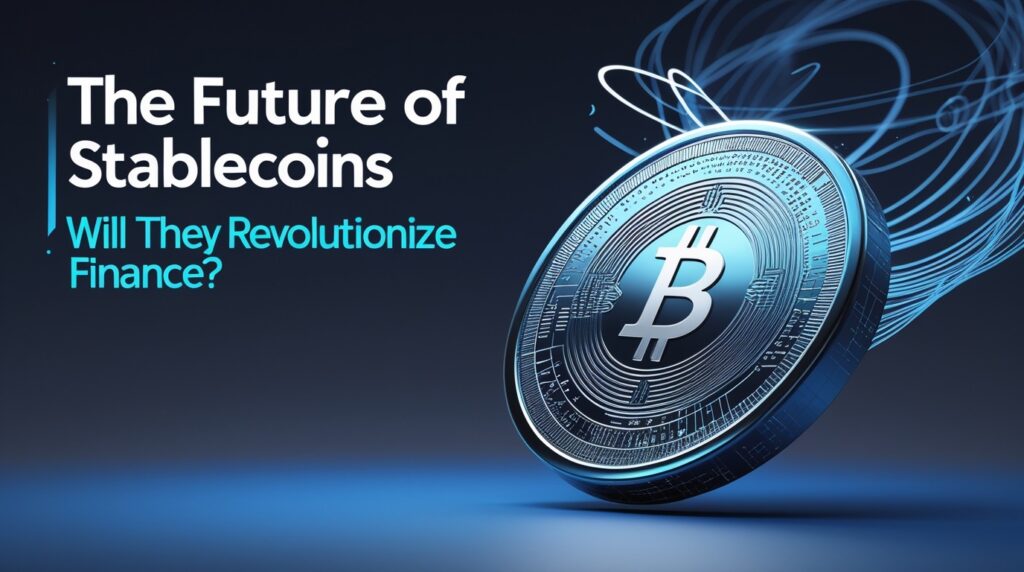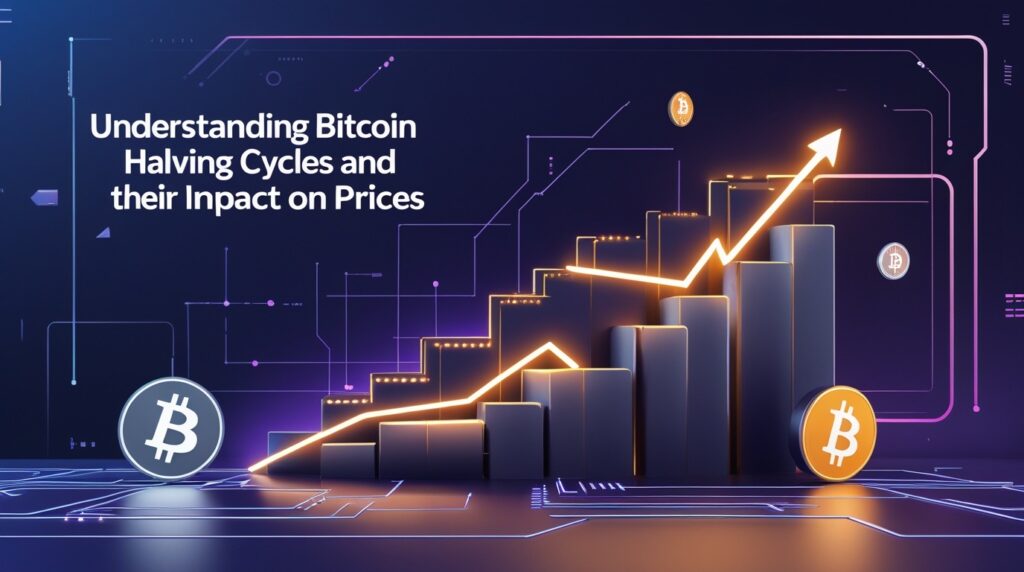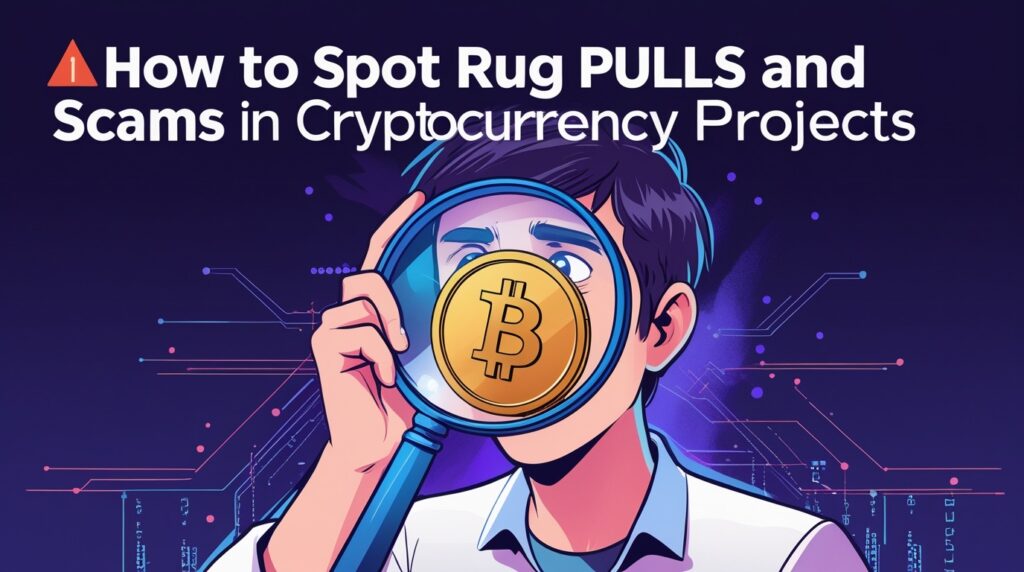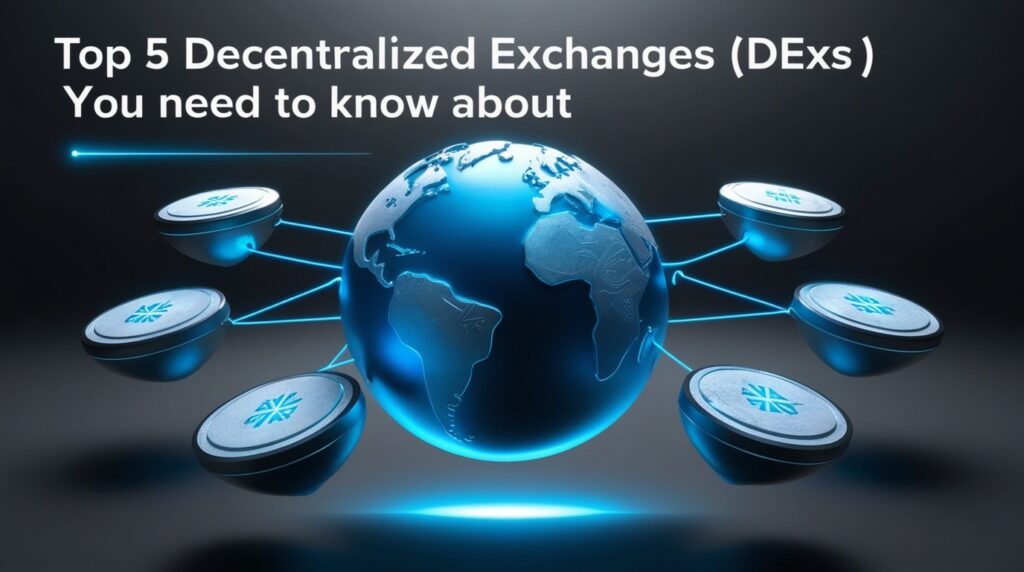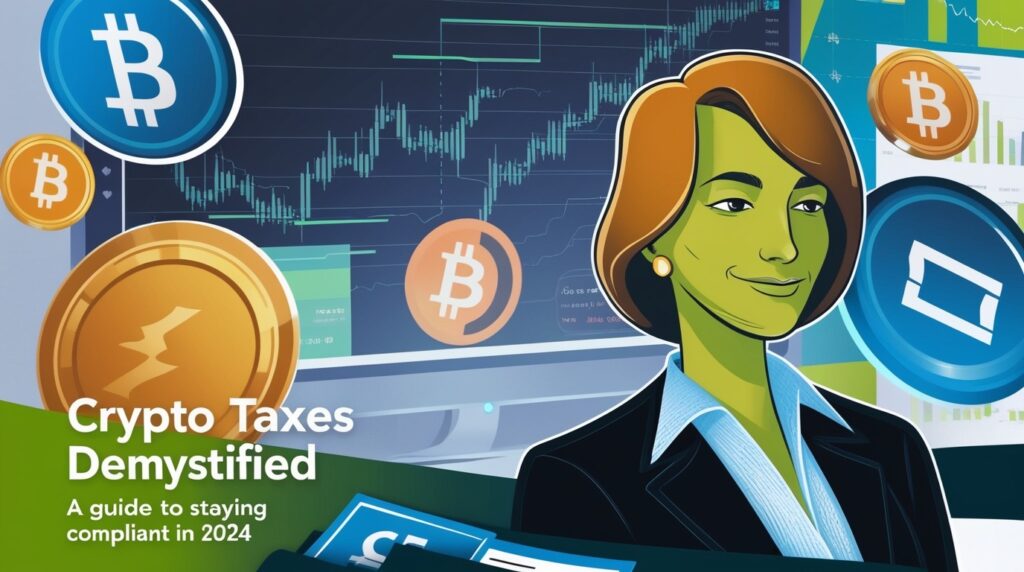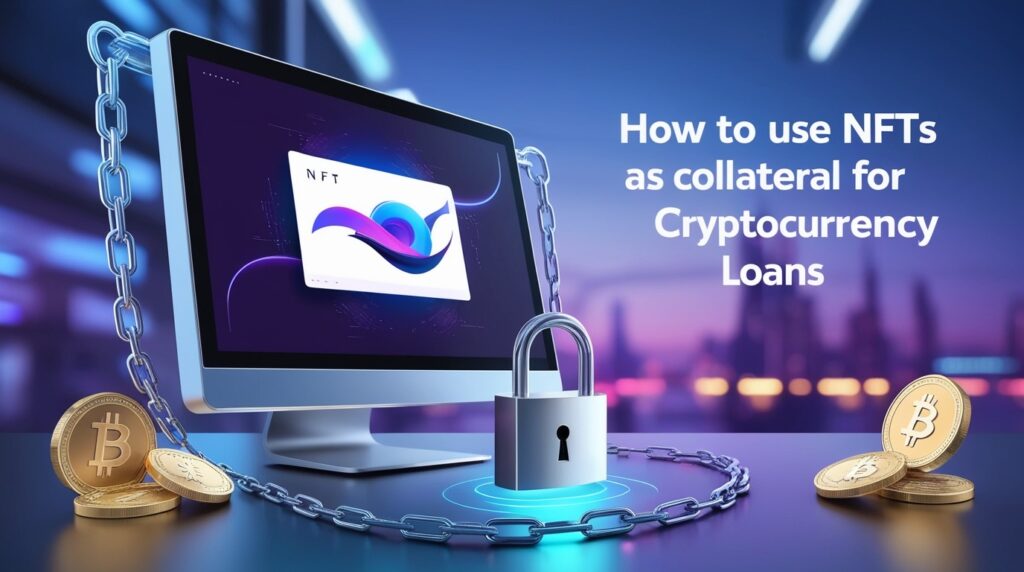Cryptocurrency has revolutionized the financial world, offering innovative investment opportunities and decentralized platforms. However, this digital gold rush has also attracted malicious actors seeking to exploit unsuspecting investors through scams and fraudulent projects, notably “rug pulls.” To navigate this complex landscape safely, understanding the signs of these scams is paramount. This blog guides you on how to spot rug pulls and scams in cryptocurrency projects.
Understanding Rug Pulls in Cryptocurrency
What is a Rug Pull?
A rug pull is a type of scam where developers of a cryptocurrency project abandon it after collecting significant funds from investors. The term “rug pull” vividly describes the feeling of having the proverbial rug yanked from under one’s feet. These scams often occur in decentralized finance (DeFi) projects or through tokens listed on decentralized exchanges.
How Rug Pulls Work
Typically, scammers create a new cryptocurrency or DeFi project, hype it up through aggressive marketing, and attract investors. Once substantial funds are locked into the project, the developers disappear, leaving investors with worthless tokens. This scam exploits the decentralized and relatively unregulated nature of blockchain technology.
Key Signs of a Rug Pull or Scam Project
1. Unrealistic Promises
Be cautious of projects that promise guaranteed high returns or use phrases like “risk-free investment.” While cryptocurrency can yield significant profits, it is inherently volatile and unpredictable. Scammers often prey on the greed of potential investors by offering returns that seem too good to be true.
2. Anonymous or Unverifiable Team Members
Legitimate projects typically have transparent teams with verifiable track records. If the project’s website or whitepaper provides little information about the team, or if team members cannot be found on professional networks like LinkedIn, this is a major red flag.
3. Lack of a Clear Roadmap
A trustworthy cryptocurrency project outlines a detailed plan and timeline for development. Projects with vague or non-existent roadmaps are often scams. Pay attention to whether the roadmap includes realistic milestones and whether the team is meeting these targets.
4. Poorly Written Whitepapers
The whitepaper is a cornerstone of any legitimate cryptocurrency project. It should clearly explain the project’s purpose, technology, and business model. Scams often have poorly written or plagiarized whitepapers filled with buzzwords but lacking substance.
Techniques to Identify Scams Early
Examine Token Distribution
Investigating how tokens are distributed can reveal a lot about a project’s legitimacy. A high concentration of tokens in a few wallets suggests that the developers or insiders could manipulate the market. Use blockchain explorers to analyze wallet distributions.
Assess the Liquidity Pool
A healthy liquidity pool is crucial for the stability of a cryptocurrency. Scammers often provide initial liquidity to attract investors but withdraw it once the token’s value rises. Projects with locked liquidity or audited smart contracts are generally safer.
Research the Project’s Community
Community engagement can be a strong indicator of a project’s authenticity. Scams often create fake hype using bots and paid influencers. Look for organic discussions in forums and social media platforms. Genuine projects foster transparent and meaningful interactions.
Scrutinize Marketing Strategies
While marketing is necessary for any project, excessive hype and aggressive promotion without substantiated claims are warning signs. Beware of projects that rely heavily on celebrity endorsements or create urgency through limited-time offers.
Protecting Yourself Against Scams
Conduct Thorough Research
Before investing, take time to understand the project fully. Read the whitepaper, research the team, and analyze the technology. Cross-check claims made by the developers with independent sources.
Use Reputable Platforms
Stick to well-known cryptocurrency exchanges and DeFi platforms. Established platforms often have rigorous vetting processes for listing new tokens, reducing the likelihood of encountering scams.
Verify Smart Contract Audits
Smart contract audits by reputable firms can provide insights into the security and functionality of a cryptocurrency project. Audited projects are less likely to have hidden malicious codes designed to steal funds.
Avoid FOMO (Fear of Missing Out)
Scammers often exploit FOMO to lure investors into hastily investing. Approach every opportunity with caution and avoid making impulsive decisions based on hype.
Case Studies of Notable Rug Pulls
The Squid Game Token Scam
Inspired by the popular Netflix series, the Squid Game Token attracted widespread attention in 2021. Developers promised a play-to-earn game, but the token’s smart contract prevented investors from selling their tokens. After the price skyrocketed, developers abandoned the project, taking millions in investor funds.
The Thodex Exchange Collapse
Thodex, a cryptocurrency exchange based in Turkey, abruptly ceased operations in 2021. Its CEO disappeared with over $2 billion worth of cryptocurrencies, leaving thousands of investors stranded. This incident highlighted the risks of entrusting funds to unregulated exchanges.
What Regulators Are Doing to Combat Scams
Increased Oversight
Governments worldwide are introducing stricter regulations to protect investors. These include requiring cryptocurrency exchanges to register and comply with anti-money laundering (AML) and know-your-customer (KYC) protocols.
Educating Investors
Regulators and organizations are focusing on educating the public about cryptocurrency risks. Awareness campaigns aim to empower investors to make informed decisions and recognize scams early.
Conclusion
The cryptocurrency landscape offers exciting opportunities, but it is also fraught with risks. Rug pulls and scams prey on the uninformed and the overly optimistic. By staying vigilant, conducting thorough research, and relying on reputable platforms, you can safeguard your investments. Understanding the signs of a scam and maintaining a healthy dose of skepticism are essential for navigating this dynamic industry safely.
Cryptocurrency holds the potential to revolutionize finance, but this promise comes with challenges. As the sector evolves, so too will the tactics of scammers. Staying informed and cautious is your best defense against falling victim to a rug pull or other fraudulent schemes.
FAQs
1. What should you do if you suspect a scam?
Avoid investing, stop transactions, research the project further, and report it to relevant authorities.
2. Can you recover funds after a rug pull?
Recovering funds is difficult as transactions are irreversible, and the developers usually disappear with the funds.
3. Are decentralized platforms more prone to scams?
Yes, decentralized platforms are riskier due to less regulation and oversight compared to centralized exchanges.
4. How can you verify a project’s team?
Check the project’s website and LinkedIn for transparent, verifiable team members with professional backgrounds.
5. How can you protect yourself from scams?
Do thorough research, avoid unrealistic promises, use reputable platforms, and be cautious of investments that seem too good to be true.
